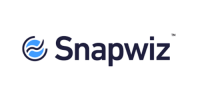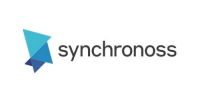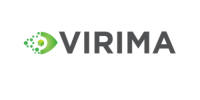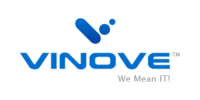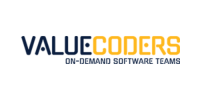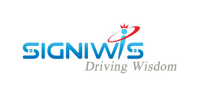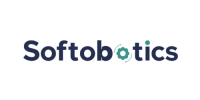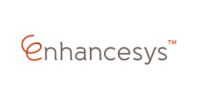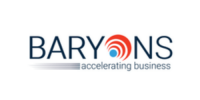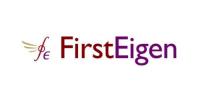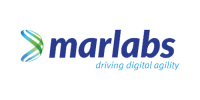EITHUB’s Full Stack Testing (FST) helps you learn Complete Java, Manual & Automation Testing. If you’re interested in upgrading your skills, you’ve come to the perfect platform! Industry experts having years worth of knowledge have come together to design a course just for you to excel in the tool you love the most. In this course, you will be guided by industry experts who will teach you, in-depth, effective and efficient ways to Become a Certified Full Stack Tester.
- Job-oriented Training by Expert Trainers.
- Company Specific Grooming.
- Lifetime access to the Course Materials.
- Competency-Based Learning.
- Diverse coding problems for each topic.
- Contests for Practice.
- Premium Lecture videos.
- Course Completion Certificate.
- Internship Opportunities at EITHUB.
- Access to the EITHUB Jobs Portal.
- 100% Placement Assistance.
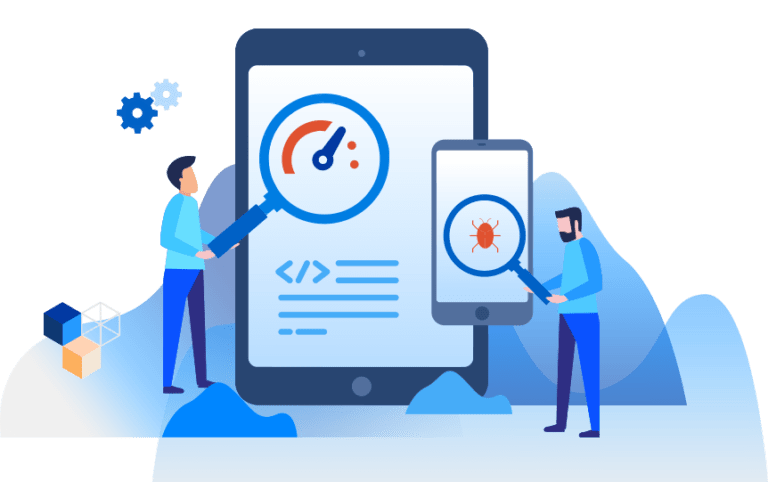
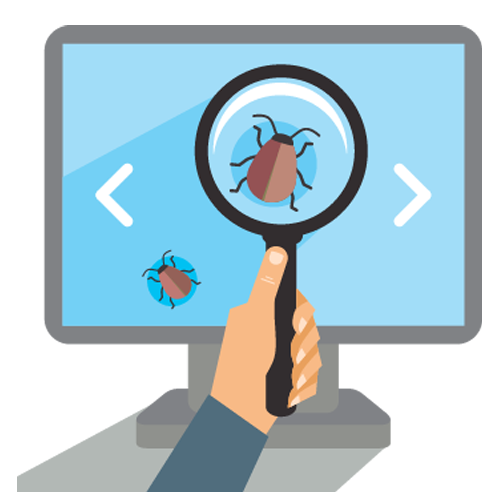
MANUAL TESTING
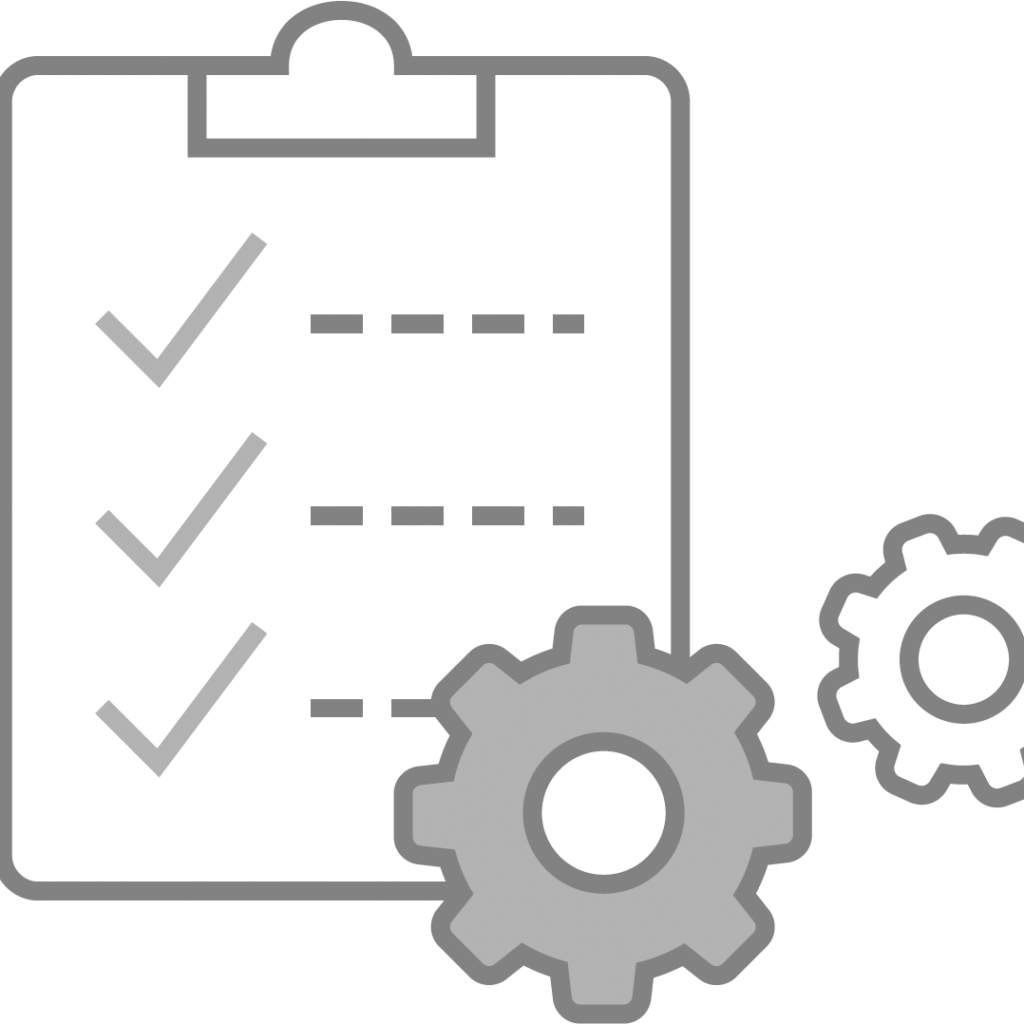
AUTOMATION TESTING
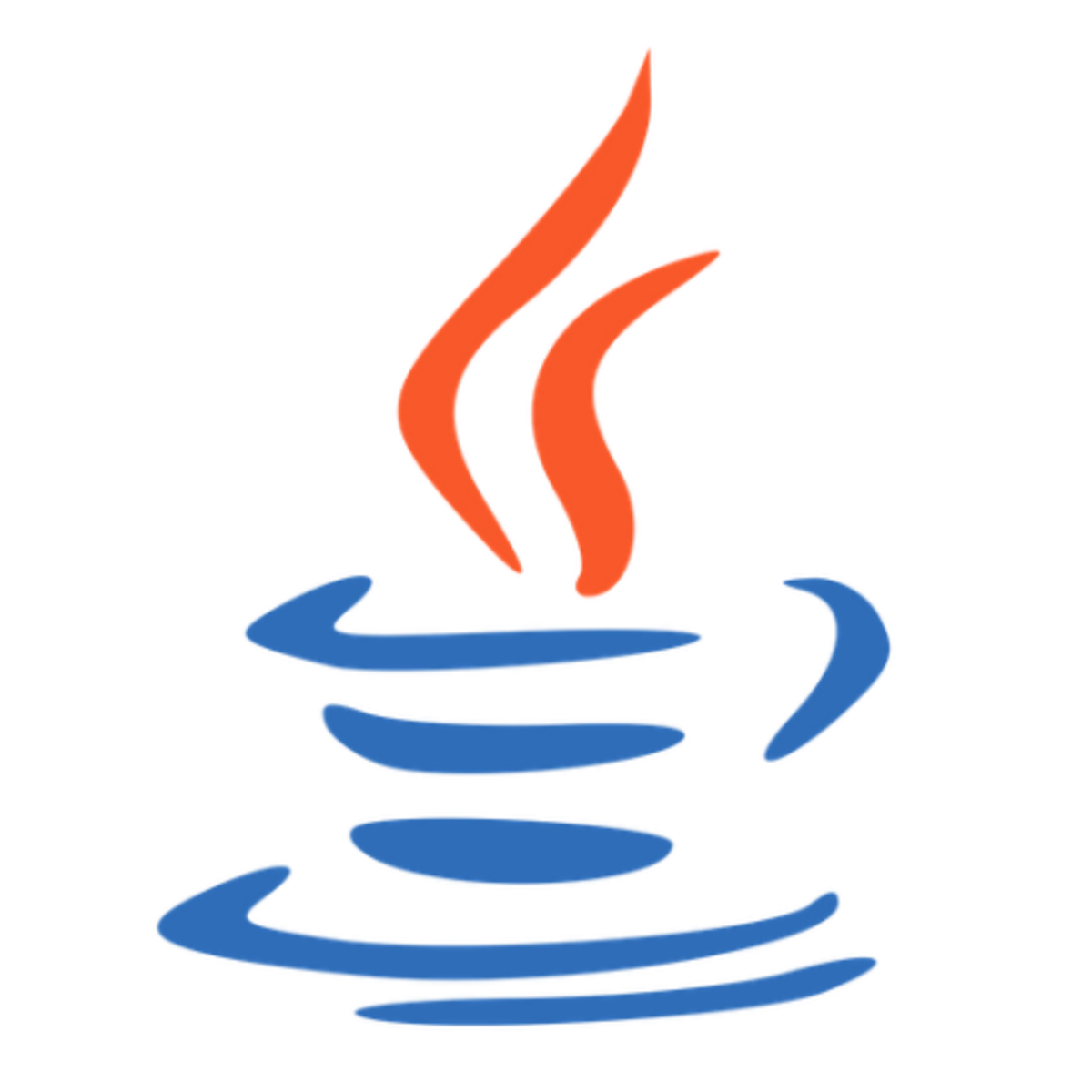
JAVA
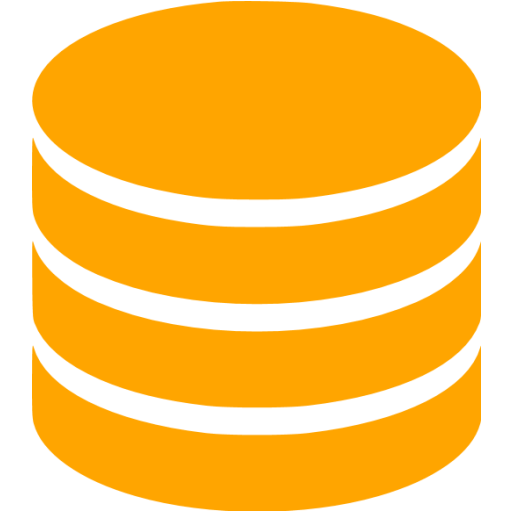
DATABASE
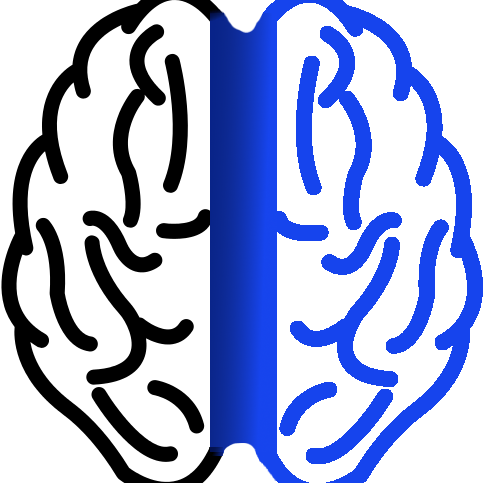
NON-TECHNICAL

MOCK INTERVIWE
Manual Testing Syllabus
- Why Software Testing? Necessity?
- What Is Software Testing.
- Pros & Cons of Manual Testing.
- Introduction & Implementation of SDLC & Traditional Models(Waterfall, Spiral, V&V, Prototype on Real time projects).
- Introduction to alternate approach SDLC :Hybrid ,Customized ,Agile Model.
- Software Testing Revisited: Types of Software Testing & Usage in Corporate.
- White Box Testing: General meaning, Who, When, Why, How to perform.
- Types of White Box Testing.
- Tools Used In White Box Testing.
- General Difference between WBT & BBT.
- Introduction to Black Box Testing.
- Types of Black Box Testing.
- Functional Testing: What, Why, When, How to perform on real time projects with sample project Explained.
- Integration Testing: What , why, when, how to perform on real time projects with sample project Explained.
- Introduction to Stubs & Drivers.
- E2E Testing/System Testing: What, Why, When, How to perform on real time projects with sample project Explained.
- Exposure to Different setups: Development environment, Testing Environment, Production Environment, Staging Process on various projects.
- Testing web Application: Implementation, Work allocation process.
- Standalone application: Implementation, Work allocation process.
- Build Process ,Test Cycle ,Re-Spin concepts.
- Acceptance Testing/UAT Testing: Different approaches followed in industries, What, Why, When, How to perform on real time projects with sample project Explained.
- Smoke Testing/Sanity Testing/Dry Run Testing: How to perform.
- Globalization Testing: I18N Testing, L10N Testing.
- Hot-fix, Patch, Short Term release, Test Efficiency.
- Build Wise/Release Wise Explanation on projects.
- Test Case, Test Plan, Traceability Matrix: Preparation & Implementation on Generic Template.
- Regression Testing: Implementation, Where to begin?, Why to move to automation.
- Defect Tracking & Defect Tracking Tool: Defect life cycle, Defect Clustering, How to work on.
- Defect tracking tool.
- Introduction to Defect tracking Tool.
- Interview Questions, Patterns, Tips & Tricks to attend & Clear Interviews.
Selenium- Automation Frameworks
- Introduction.
- Selenium IDE.
- Understanding HTML.
- CSS expressions.
- Xpath expressions.
- Dynamic element identification using xpath functions
WebDriver
- Introduction to WebDriver.
- Configuring WebDriver in Eclipse.
- Understanding element identification in WebDriver.
- Performing actions on basic elements in WebDriver.
- Basic verifications and checkpoints in WebDriver.
- Working with Select drop down elements.
- Working with multiple elements.
- Synchronization in WebDriver.
- Implicit and explicit wait.
- Understanding browser options.
- Handling popups.
- Tooltip popup.
- Calendar popup.
- JavaScript alert and confirmation popup.
- File upload popup.
- File download popup.
- New browser popup / New tab.
- Page onload authentication popup.
- Handling Frames.
- performing mouse and keyboard actions.
- Working with ajax autosuggest fields.
- Automation with IE, Chrome browsers.
- Working with Firefox profiles.
- Handling Untrusted Certificate Connection issues.
- Executing JavaScript through WebDriver.
- Capturing Screenshot through Webdriver.
- Handling Windows popup with AutoIT.
Data driven tests using Excel
- Understanding Apache POI API.
- Reading data from Excel.
- Writing data to Excel
TestNG
- Introduction.
- Installing TestNG plugin.
- Creating and executing tests in TestNG.
- Sequencing test execution order.
- Understanding popular annotations.
- Creating TestNG suite xml file for regression testing.
- Using Assertions in TestNG.
- Parallel execution of tests in TestNG.
- Parameterizing tests in TestNG using Data provider.
- Results in TestNG
Framework
- Introduction to framework.
- Concept of Page Object Model framework.
- Framework Environment setup.
- Introduction to Maven.
- Setting up a Maven project for framework.
- Adding dependencies and plugins.
- Creating scripts and executing scripts using framework.
- Creating and managing script repository with SVN.
- Configuring Tortoise SVN.
- Check-in check-out process.
- Configuring Continuous integration tool Jenkins.
- Framework execution from Jenkins
Java (End-to-end) Syllabus
Basics of Programming:
- Java Components – JVM, JRE and JDK.
- Data Types and Variables.
- Methods
- Basic Programming.
- Decision Statements.
- Looping Statements.
- OOPS in Java.
- Members Of Class.
- Class and Object.
- Constructors.
- Has-A and Is-A Relationship.
- Constructor Chaining.
- This and super statement.
- Overloading and Overriding.
- Abstract class and Interface.
- Type Casting.
- Abstraction.
- Polymorphism.
- Generalization and Specialization.
- Access specifiers.
- Encapsulation.
- Java Library.
- Object Class.
- String Class.
- Wrapper Class.
- Java Bean Class.
- System Class and its members.
- Scanner Class.
- Singleton Design pattern.
- Arrays and problems on arrays.
- Collection.
- Frameworks.
- Exception Handling.
- File Programming.
SQL(Structured Query Language) Syllabus
- ER Diagram.
- Constraints.
- Datatypes.
- DQL.
- Selection and Projection.
- Different types of SQL clause.
- SQL Function.
- Single Row Function.
- Multi Row Function.
- Subquery.
- Co – related Subquery.
- Group Functions.
- Joins.
- Equi.
- Self.
- Non-equi.
- Outer.
- DDL.
- Create.
- Alter.
- Rename.
- Drop.
- Truncate.
- DML.
- Insert.
- Update.
- Delete.
- DTL.
- Commit.
- Rollback.
- Savepoint.
- DCL.
- Grant.
- Revoke.
- Normalization.
- Basics PL/SQL.
- Quality Center.
- ALM concepts, architecture, and components.
- Management terms, concepts, and tools.
- Requirements implementation and management.
- Risk-based testing, steps, and factors.
- Test Plan build.
- Test Sets plan and execution.
- Defect tracking concepts, features, and best practices.
Non-Technical
- Aptitude.
- Logical Reasoning & Analytical.
- English Speaking.
- Fill in the Blanks.
- Paragraph.
- Sentence Correction.
- Para Jumble.
- Remove Stage Fear.
- Reading Skills & GD.
- Confidence Building.
- HR Interview.
- Mock Interview.
- Resume Building
- Etc.
Industry Trends
22%
Employment of software developers, quality assurance analysts, and testers is projected to grow 22 percent from 2020 to 2030
50%
44% of IT organizations automated 50% of their testing in 2019-2020
100%
The number of jobs for Full-Stack developers is growing at a rate of 30% year-on-year.
Where EITHUB Alumni work
EITHUB Learners have been placed at many companies with industry presence
Few of them are :
Interested?
Register for a FREE DEMO Class
STEP-1
- Register for the Free Demo Session.
STEP-2
- Attend the Free Demo Session.
STEP-3
- Sign-up for the Program and Start Building Skills.
STEP-4
- Get a Placement through EITHUB.
Frequently Asked Questions

WHO IS EITHUB FOR?
EITHUB is for every Freshers and experienced job-seekers who are looking to get job in IT Industry. We do provide training and placement for all kind of technologies.
WHAT IS THE AVERAGE SALARY OF A EITHUB ALUMNI?
Well, Its purely depends on our clients for which hiring but average scale is between 2 LPA to 6 LPA.
EITHUB PROVIDE ONLINE OR OFFLINE TRAINING?
EITHUB provide both online and offline training. But as per current covid-19 issue we request candidates to join Online training program, which will assist you placement opportunities too.
EITHUB PROVIDE INTERNSHIP?
Yes.
DO I NEED TO PAY TO JOIN EITHUB PLATFORM OR TRAINING?
We do provide 24×7 support at our platform, which is FREE. No need to pay to get all kind of information at platform.
But if you want to improve your skills and looking for good companies placement then yes EITHUB charge minimal fee for its training and placement services.

